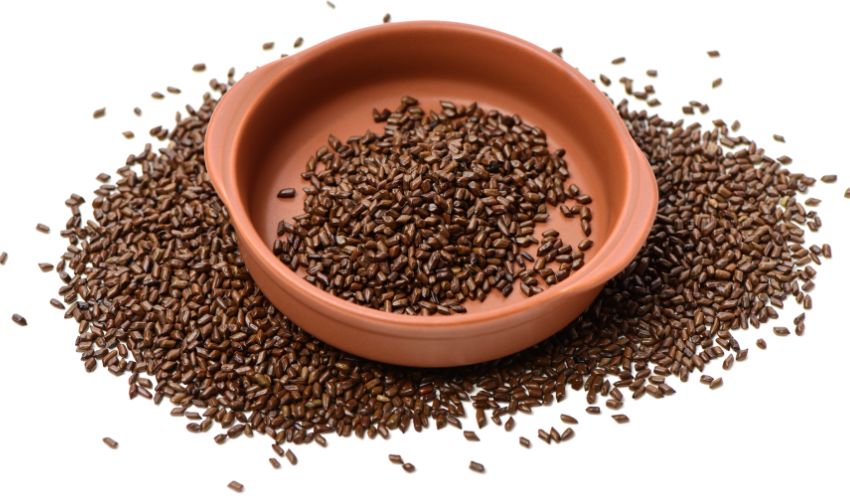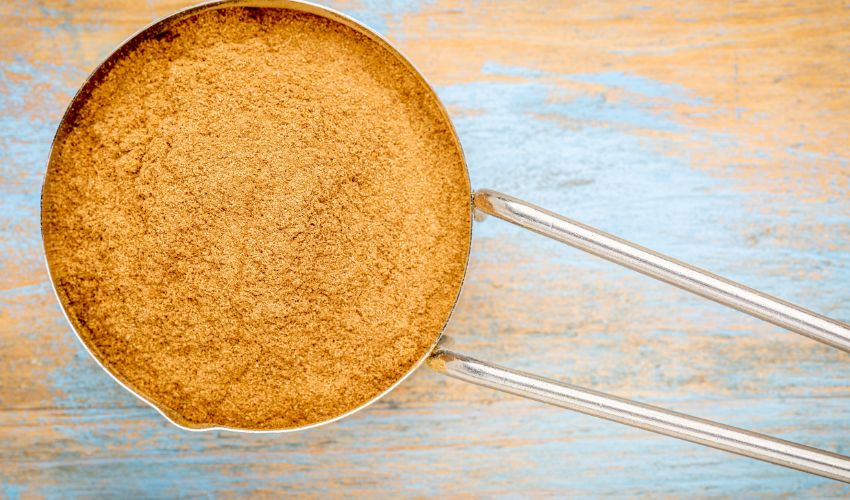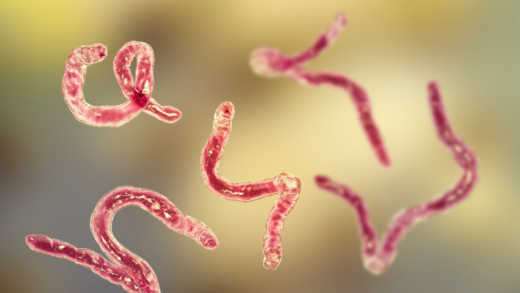Cassia is a spice that has been used for centuries in various cultures around the world. It is a member of the cinnamon family, and while it shares many of cinnamon’s characteristics, it has a slightly different flavor profile and is often more affordable.
Cassia comes from the bark of trees in the Cinnamomum family and is commonly found in Southeast Asia, China, and India. It has a reddish-brown color and a rough texture, and is typically sold in stick or ground form.
One of the most significant differences between cassia and cinnamon is the compound coumarin. Cassia contains higher levels of coumarin, which can cause liver damage in high doses. However, it is safe to consume in small amounts, and most cassia used in cooking is within safe limits.
Cassia has a strong, spicy flavor that is slightly different from cinnamon, with hints of clove and nutmeg. It is often used as a substitute for cinnamon, especially in baked goods, as it has a more assertive flavor that can stand up to other strong spices.
Cassia has a rich history and cultural significance. It was used in ancient Egypt as a perfume and in embalming rituals. Traditional Chinese medicine has also used cassia for its potential health benefits, including its ability to improve circulation and treat digestive issues.
In addition to its culinary uses, cassia has potential medicinal properties. It has been shown to have anti-inflammatory, antimicrobial, and antidiabetic effects, although more research is needed to confirm these benefits.
Cassia is also used in perfume-making, aromatherapy, and skin care products. Its warm, spicy scent can add depth and complexity to perfumes, while its potential anti-inflammatory and antibacterial properties make it a popular ingredient in skin care.
Overall, cassia is a versatile spice with a rich history and many potential benefits. Whether you’re a foodie, a natural health enthusiast, or a fragrance lover, cassia is definitely worth exploring.
FAQs:
Is cassia safe to consume?
In small amounts, cassia is safe for most people to consume. However, cassia contains a compound called coumarin, which can be harmful in large doses. It’s best to limit your intake of cassia to a few grams per day.

How can I use cassia in cooking?
Cassia can be used in a variety of dishes, including baked goods, savory dishes, and beverages. It pairs well with other warm spices like ginger and nutmeg. Try using it in a cinnamon roll recipe or adding it to a pot of chili.
Does cassia have any potential health benefits?
Cassia has been shown to have potential anti-inflammatory, antimicrobial, and antidiabetic properties. However, more research is needed to confirm these benefits.
Can cassia be used in skin care products?
Yes, cassia has been used in skin care products for its potential anti-inflammatory and antibacterial properties. It can also help to soothe and hydrate the skin.
How is cassia different from cinnamon?
While cassia and cinnamon come from the same family of trees and share many similarities, they have slightly different flavor profiles. Cassia has a stronger, spicier taste than cinnamon and is often more affordable.

Conclusion:
Cassia is a versatile spice with a rich history and diverse uses in cooking, medicine, and even perfume-making. While it is often used as a more affordable substitute for cinnamon, it has its own unique flavor and potential health benefits.
In addition to its culinary uses, cassia has been used for centuries in traditional medicine to treat a variety of ailments. Research has shown that cassia may have potential anti-inflammatory, antimicrobial, and antidiabetic properties.
Beyond its use in cooking and medicine, cassia has also been used in perfume-making, aromatherapy, and skin care products. Its warm, spicy scent can add depth and complexity to perfumes and can help to soothe and hydrate the skin.
In conclusion, cassia is a spice that is well worth exploring for anyone interested in cooking, natural health remedies, or fragrance. Its versatility and rich history make it a fascinating ingredient with many potential benefits. So why not add some cassia to your spice cabinet and see how it can spice up your life?






















